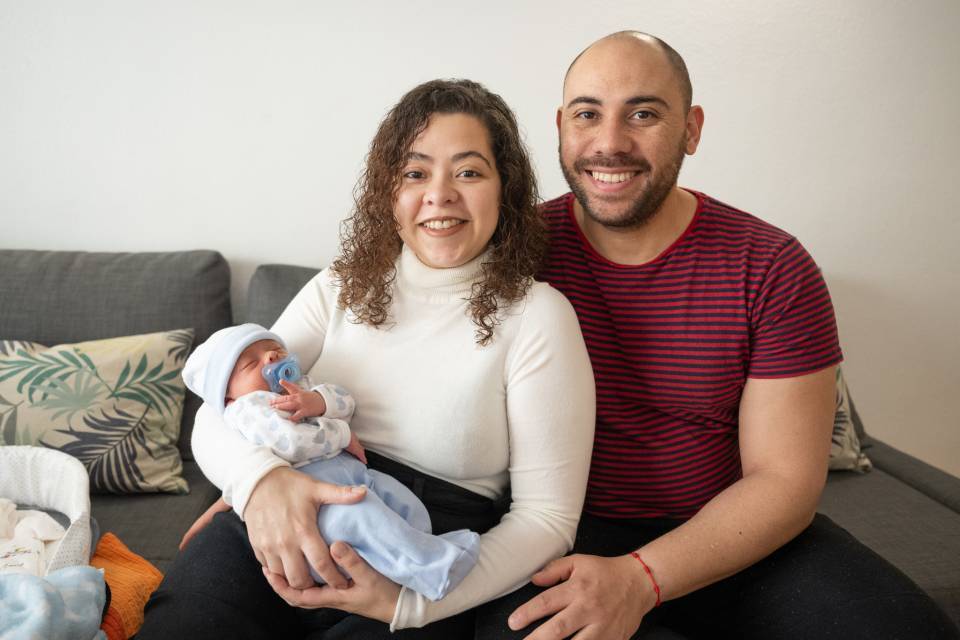Substantiated information by:
Antonio Amor
Endocrinologist
Endocrinology and Nutrition Service
Beatriz Enriqueta Bayés Genís
Head of Institute
Nephrology and Urology Clínic Institute
Federico Cofan Pujol
Nephrologist
Nephrology and Renal Transplant Service
Fritz Diekmann
Head of the Renal Transplantation Section
Nephrology and Renal Transplant Service
Joana Ferrer Fàbrega
Surgeon
General and Digestive Surgery Service and member of the Liver Oncology Unit
Mireia Musquera Felip
Head of the Renal Transplantation Section
Urology Service
Pedro Ventura Abreu Aguiarà
Nephrologist
Nephrology and Renal Transplant Service
Ramon Rull
General Surgeon
General and Digestive Surgery Service
Published: 28 March 2023
Updated: 28 March 2023
Subscribe
Receive the latest updates related to this content.
Thank you for subscribing!
If this is the first time you subscribe you will receive a confirmation email, check your inbox
An error occurred and we were unable to send your data, please try again later.










